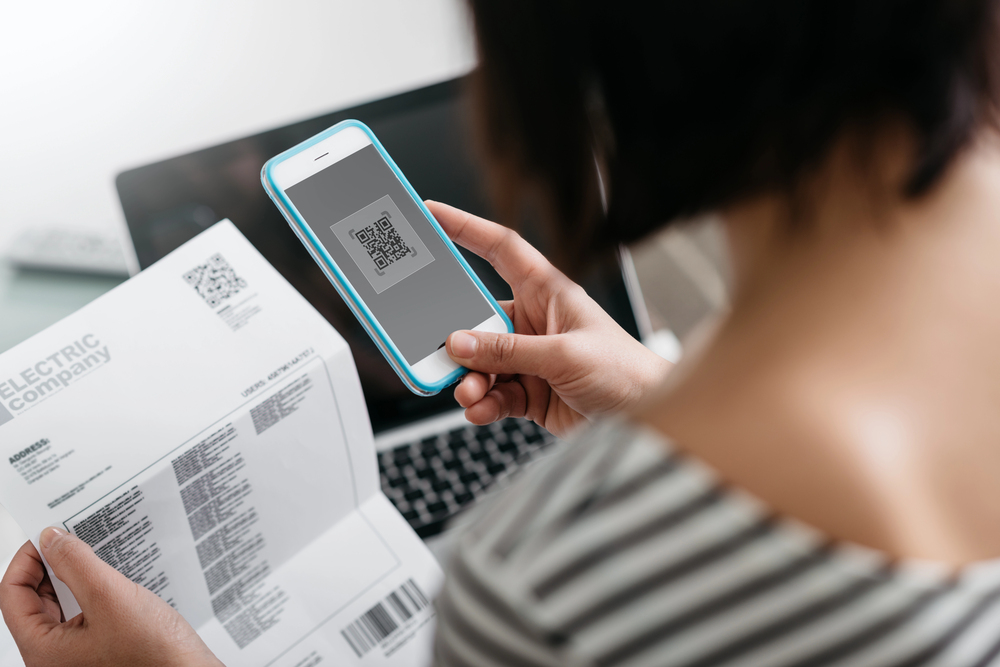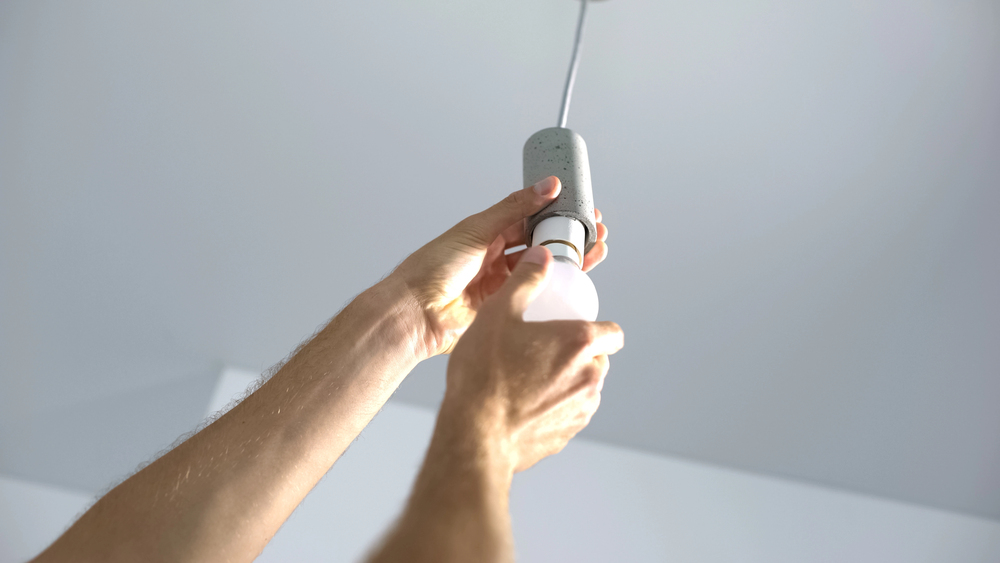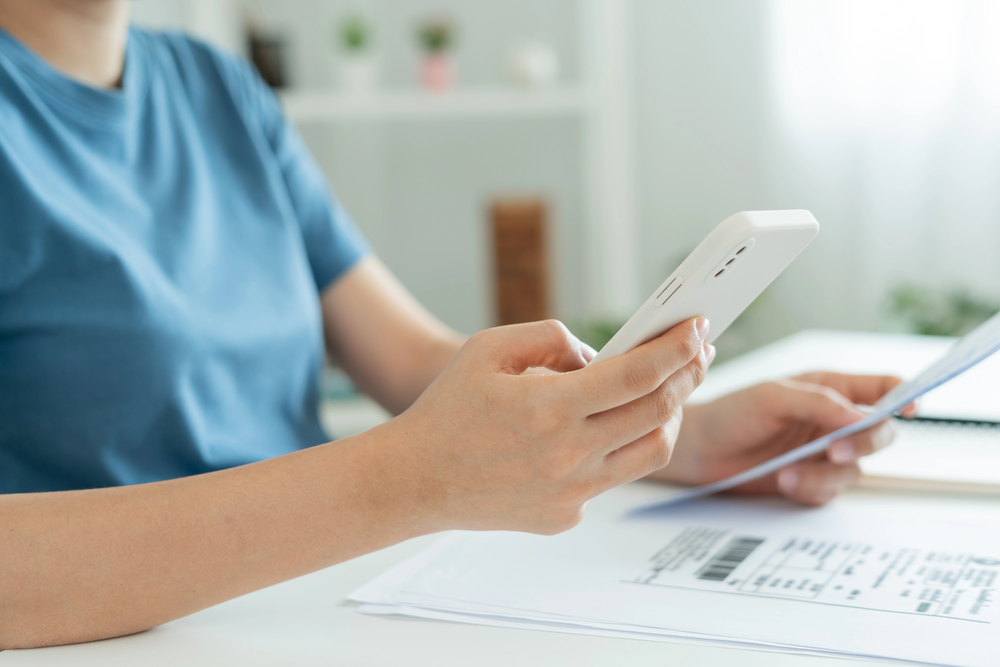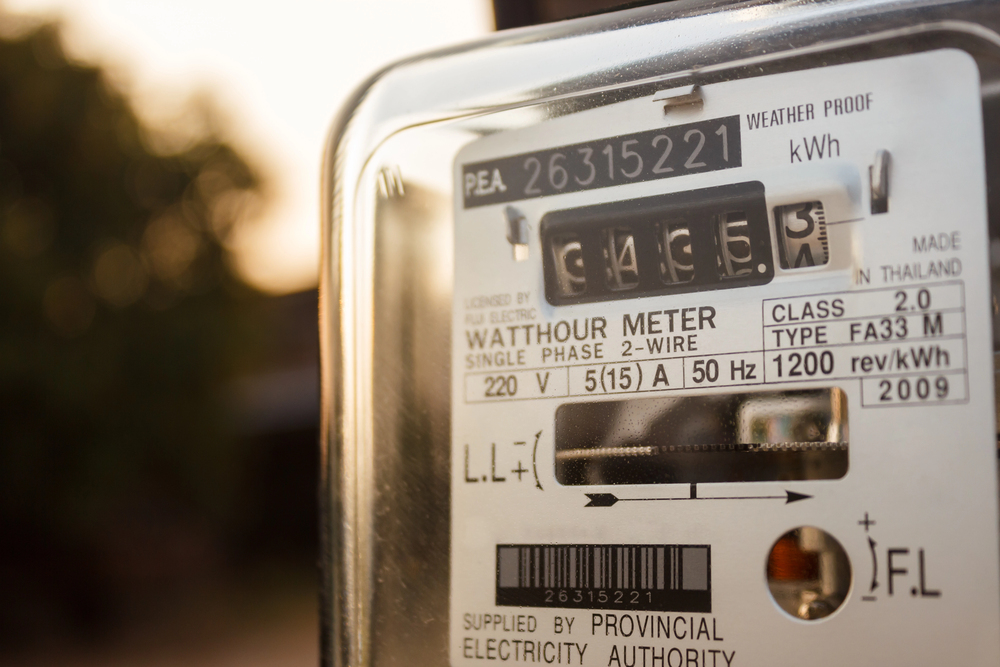The process of moving is overwhelming, and it is even more so when one considers the various factors involved in settling into a new country. The method of shifting to China, more specifically Shenzhen, is as exciting as fear-instilling, as concerns, such as how to pay utility bills in China, are realistic questions to consider.
When one is staying to work, study, or on long-term relocation, the initial concern is to make sure the lights are on and the water is flowing, and basic living requirements are being well taken care of.

To expats, the procedure may be novel. You might ask yourself: Do I pay face-to-face? Can I use my overseas bank card? How to pay in China as a foreigner? Fortunately, once you understand the system, paying online in China becomes simple, fast, and completely paperless.
Here, you will find all the information you require about paying your electricity and water bills in China like a pro.
Understanding Utility Bills in China
It is beneficial to know what you are paying before going through the payment process and understanding how those costs are calculated.
Kinds of Utility Bills:
One of the first steps to learning how to pay utility bills in China is to understand the types. Here’s what you need to know:
- Electricity Bill: It is charged according to the usage of kilowatt-hours (kWh).
- Water Bill: It is calculated by the number of cubic meters (m3 ) consumed.
- Gas Bill (where applicable): This is normally charged separately.
Average Costs for Electricity and Water in China
Electricity Price in China:
- The residential tariffs in Shenzhen vary between 0.56-0.8 RMB/kWh; they depend on the season and the consumption level.
- Using air conditioning during the summer may cost you a lot.
Water costs:
- Usually 2-4 RMB/m 3 residential.
- Prices are fairly constant throughout the year.
Pro Tip: In China, bills are typically much lower than in some other countries, but appliances that consume a lot of energy (heaters, ACs) will easily accumulate costs.
Setting Up Utilities as a New Expat: Complete Setup Guide
Relocating to China involves going through the process of setting up utilities, which can appear a complicated process to the novice. This is what you need to know about making the electricity, water, and gas work in your newly acquired home.
Required Documents for Utility Setup
Before visiting any utility offices or making arrangements, ensure you have these essential documents ready:
Primary Documents:
- Valid passport with both a Chinese visa/residence permit
- Rental contract with your name and the address of the property
- Property Ownership Certificate (if you are a property owner) or landlord property details
- Identity check by your landlord or your property management company
Additional Documents (depending on provider):
- Work Permit or employment verification letter
- Bank Account Details for automatic payment setup
- Previous Address Utility Bills (if transferring from another location in China)
- Deposit Payment – cash or Chinese bank card (amounts vary by city and provider)
Pro Tip: Always bring both original documents and photocopies. Most utility companies will keep copies for their records.
Step-by-Step Utility Connection Process
Step 1: Have a Chat with Your Landlord. Most Chinese landlords do hook up some services before renting out their property. Ask your landlord
- Are utilities to be considered included in rent or separately billed?
- Are the accounts in the name of the landlord, or will you need to change them?
- What are the present account numbers of the individual utilities?
Step 2: Visit the Property Management Office. Most modern apartment complexes handle utility connections through their management office:
- Bring all required documents
- Request English-speaking staff if available
- Get account numbers and payment instructions
- Set up your preferred payment method
Step 3: Direct Provider Contact (if needed) For independent connections, contact providers directly:
- Electricity: Local power grid company office
- Water: Municipal water supply office
- Gas: Local gas company branch
Understanding Deposits and Connection Fees
Typical Deposit Amounts:
- Electricity: 200-500 RMB (refundable when account closes)
- Water: 100-300 RMB (refundable)
- Gas: 300-600 RMB (refundable)
Connection Fees:
- New connections: 50-200 RMB per service (non-refundable)
- Account transfers: Usually free or a minimal fee (20-50 RMB)
- Meter installation: May require additional fees for new properties
Important: Deposits are typically refunded when you close your account, provided all bills are paid and there’s no outstanding balance.
How to Pay Bills in China as a Foreigner
Making payments in China can be a daunting experience, yet there are numerous convenient ways to do it, both online and offline.
- Bill Payment (Most Popular) with the Alipay
Paying your electricity and water bills in China using Alipay is among the simplest methods of settling your payments.
How to Pay the Electricity/Water Bill Using Alipay:
- Open the Alipay App > ensure it is connected to your Chinese bank account.
- Visit the ‘Utilities/More’.
- Choose Bill Type: Electricity or Water.
- Select the service provider and your city.
- Enter Your Account Number: On your bill or meter.
- Pay & Confirm Amount: Confirmation of payment is done immediately.
- WeChat Pay Utility Payments
Just like Alipay bill payment, WeChat Pay enables you to settle your utility bills in China in a short period.
Steps:
- Press Go to Me > Services > Utilities.
- Choose a provider.
- Enter account details and pay.
- Paying at a Bank
Other foreigners may want to pay in person- particularly those who do not have Alipay/WeChat connected to a local account.
- Go to one of your bank branches (e.g., Bank of China, ICBC).
- Carry your passport and your bill.
- Pay either in cash or using your Chinese bank card.
- Convenience Stores Payment
Utility bills can be paid in convenience stores in most Chinese cities, such as 7-Eleven or FamilyMart.
- Pay the counter.
- Make payment with cash or QR code.
- Offices of Property Management
In the case you live in a managed building or serviced apartment, you may pay directly at the property office. This is typical of short-term planned stays.

Step-by-Step: Paying Electricity Bills in China
- Check Your Bill
This is mostly sent through SMS, email, or the property office. A majority of the providers will send you a message informing you of what you owe through a text message or within the app. Otherwise, the monthly statement can be obtained from your property office. Check the due date always.
- Record Your Account Number
This is necessary when you want to make a payment online. The account number for your electricity is normally printed on your bill or is associated with your apartment. This will be needed when you are making online payments through Alipay or WeChat Pay.
- Payment Method
Select Alipay, WeChat Pay, Bank, or Offline. Choose how to pay. The most convenient is digital payments, but as you are new in China, you may want to visit your bank or property office.
- Check the Amount
Check that it is the same as on the bill. Make sure that the total amount is correct and is equal to the bill you got before you click on Pay. This prevents overpayment or error.
- Pay Before the Due Date
Late payment can lead to suspension of service. The electricity suppliers in China are firm with time. One can easily lose power by missing a payment, hence it is critical to pay on time.
Tips for Foreigners Paying Bills in China
Being an expat in China is thrilling, and getting the routine chores, such as paying bills, is something that one might need to get used to. Some planning would help you to stay cool and have your utilities working.
- Get a local bank account early in the year.
Nearly all means of online payment in China nrequirea Chinese bank account. In its absence, you will end up with face-to-face payments. Payments can also be sent more easily without conversion costs and using local accounts. Typical requirements of banks such as Bank of China or ICBC may include your passport, your visa, and proof of address.
- Put Your Apps in English Mode
In case you do not read Mandarin, change the language in Alipay and WeChat to English in Settings > General > Language. This is a minor thing that prevents you from making mistakes and pays bills very easily.
- Pay Bills In Advance
Chinese utility firms are quite rigid on due dates, and default payments are on the verge of being disconnected within a short time. Make sure to pay as soon as you receive a notification about a bill, either via SMS, app, or your property office, to prevent late payment and inconveniences.
- Auto Pay Your Payments
Both Alipay and WeChat allow you to make recurring payments so that bills can be automatically deducted every month. Simply make sure that you have enough funds in your account to cover them. It is easy to remain free of worries.
- Record at the outset
Keep payment confirmations or receipts for at least the first several months. Although the issues are infrequent, records can be handy in case of a delay or error by a system. When you are sure that everything works out fine, you will not have to maintain as many.

Frequently Asked Questions – FAQs
Q1: What shall I do with utility bills in China when I do not have a Chinese bank account?
Cash can be used to pay at a property management office or convenience store.
Q2. Do Alipay and WeChat Pay accept bills from foreigners?
Yes, but you have to verify your account and connect it with a local bank account.
Q3. Do utility bills in China cost a lot?
No, things are pretty cheap compared to most Western countries, but using AC or a heater extensively can get expensive.
Q4. Where do I find out how much my bill is?
It is possible to verify through your provider’s site, SMS message, or in the Alipay/WeChat utilities section.
Conclusion
Utility bills are easy to pay in China when one knows the available options. If you want to pay utility bills China offers many convenient methods. You can use Alipay bill payment, the ease of WeChat Pay, or the dependability of in-person banking—whatever you like—and you will not have a hard time maintaining your services.
Learning to make China payments saves you time as an expatriate in Shenzhen and anywhere in China, but it also makes you feel more at home. Organize your system of payment, pay regularly, and live without the worry of late payments in China.

